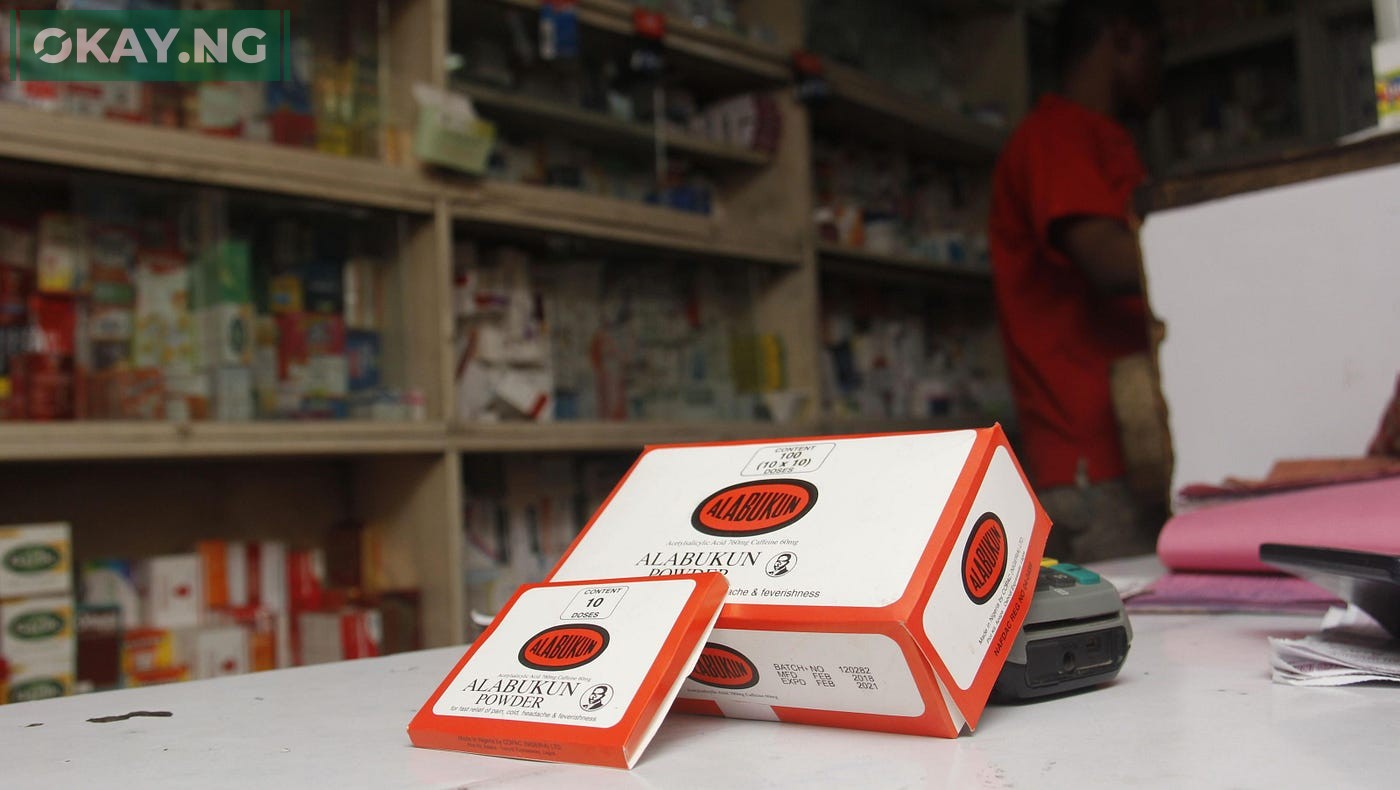Alabukun Powder is a popular and widely used medication in Nigeria and some other African countries. It is known for its effectiveness in treating pain, fever, headache, and other conditions.
But how did this powder come to be and who invented it? This article will explore the history and production of Alabukun Powder, as well as its benefits and risks.
The Invention of Alabukun Powder
The origin of Alabukun Powder can be traced back to 1918, when Jacob Sogboyega Odulate, also known as the Blessed Jacob, created the formula for the medicine in his laboratory in Abeokuta, Ogun State.

Odulate was a pharmacist, inventor, and entrepreneur who had a passion for herbal medicine and chemistry. He was inspired by his grandfather, who was a traditional healer and taught him about the medicinal properties of plants.
Odulate experimented with various ingredients and came up with a unique combination of acetylsalicylic acid and caffeine, which are the active ingredients of Alabukun Powder.
Acetylsalicylic acid, also known as aspirin, is a pain reliever and anti-inflammatory agent that works by suppressing the production of prostaglandins, which are chemical messengers that cause inflammation and pain.
Caffeine is a stimulant that works by antagonizing the adenosine receptors, which are responsible for regulating sleep, alertness, and blood pressure.
Odulate patented his invention and named it Alabukun Powder, after his hometown of Alabukun in Ogun State. He established the Alabukun Drug Manufacturing Company and began to produce and distribute the powder across Nigeria and beyond. He also created other products such as Alabukun Mentholine Balm, Alabukun Inhaler, and Alabukun Ointment.
The Popularity of Alabukun Powder
Alabukun Powder became very popular among Nigerians and other Africans because of its affordability, availability, and effectiveness.
It was used to treat various ailments such as malaria, cold, flu, menstrual cramps, toothache, rheumatic pain, heart attack, fatigue, migraine, and prevention of blood clots. It was also used as a contraceptive and an abortifacient by some women who combined it with lime juice or 7up.
The Side Effects and Risks of Alabukun Powder
However, Alabukun Powder also has some side effects and risks that users should be aware of. The powder contains a high dose of acetylsalicylic acid (760 mg) and caffeine (60 mg) per sachet, which can cause stomach ulcers, bleeding disorders, liver damage, kidney damage, high blood pressure, insomnia, anxiety, and caffeine intoxication if taken excessively or improperly.
The powder can also interact with other medications such as anticoagulants, antiplatelets, antidiabetics, antihypertensives, and antidepressants. Moreover, the powder is not recommended for pregnant women, children under 12 years old, people with allergies to aspirin or caffeine, people with asthma or peptic ulcer disease.
Therefore, Alabukun Powder should be used with caution and under medical supervision. Users should follow the dosage instructions on the sachet label or consult a doctor before taking the powder. Users should also avoid mixing the powder with alcohol or other substances that can increase its toxicity or reduce its effectiveness.
Users should seek immediate medical attention if they experience any signs of overdose or adverse reactions such as nausea, vomiting, abdominal pain, bleeding, difficulty breathing, seizures, confusion, or coma.







